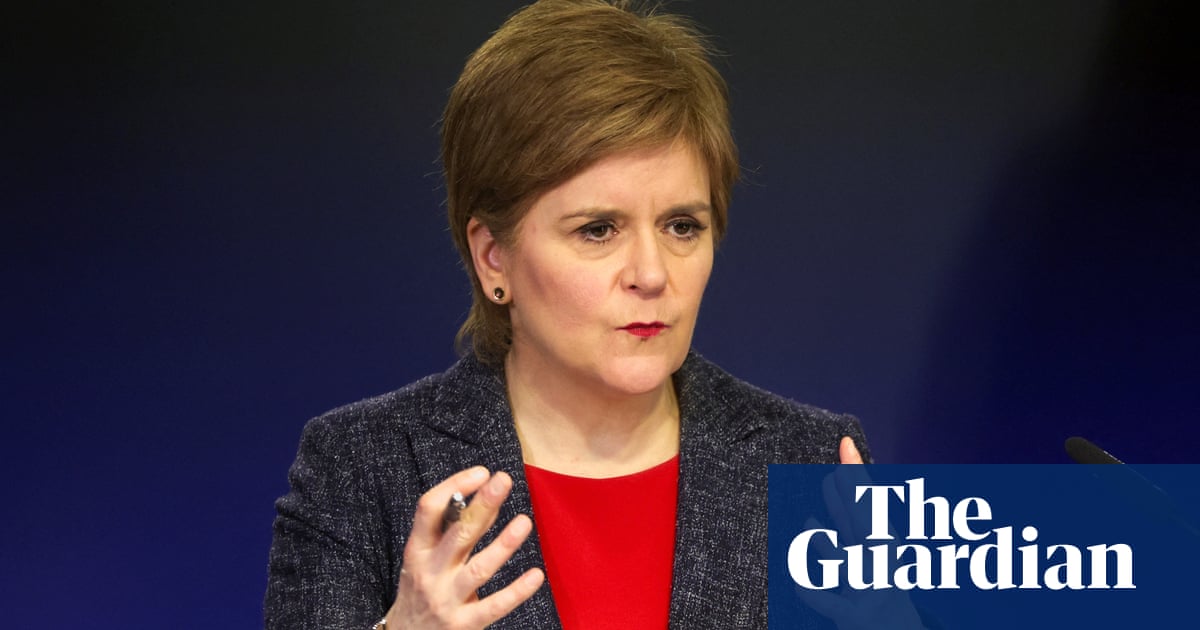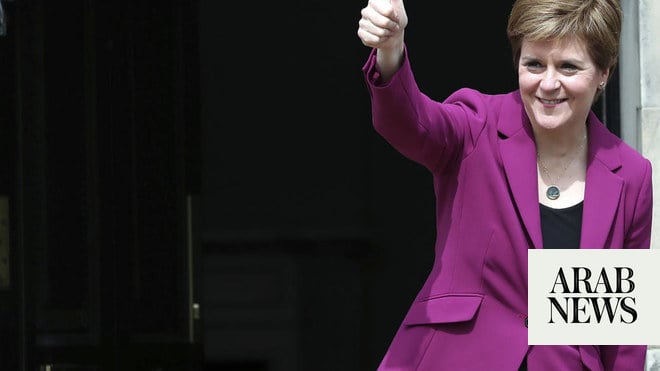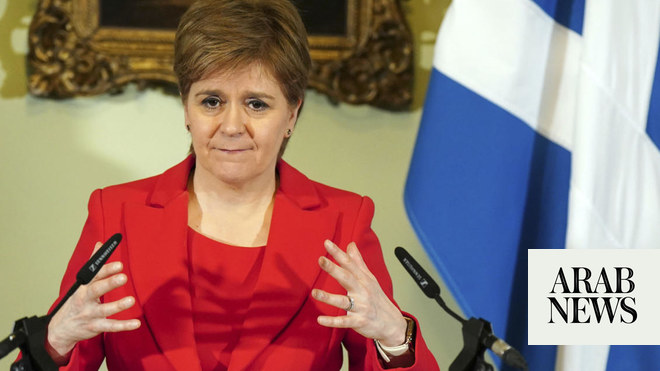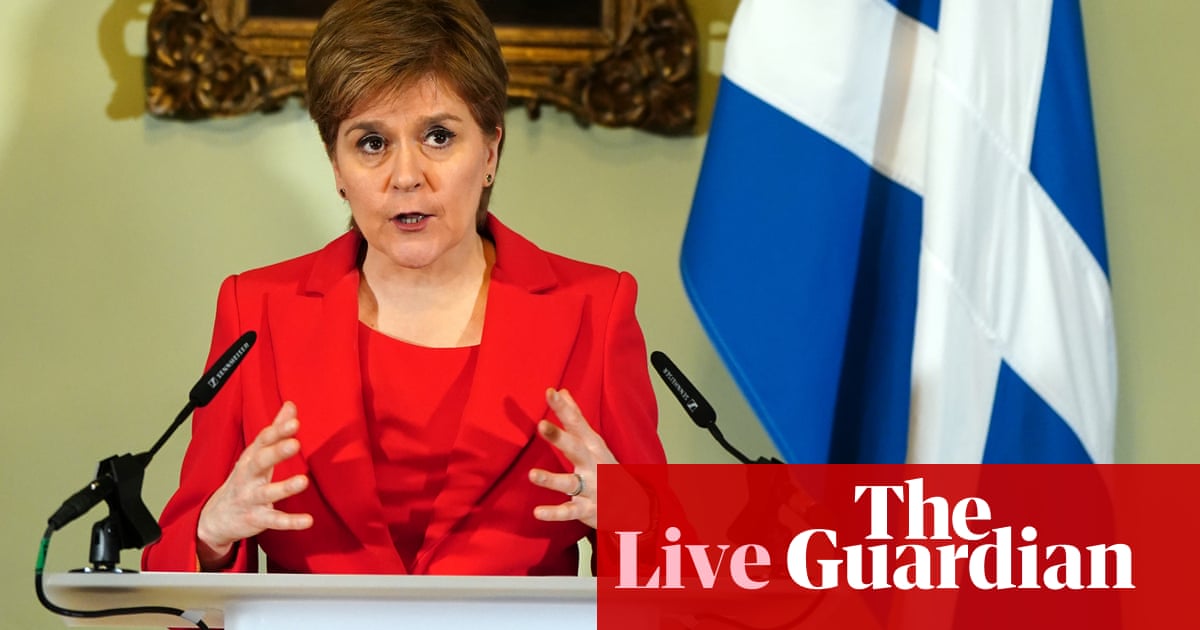
Scottish hospitals will be allowed to cancel non-urgent operations and move patients into care homes to help tackle “exceptional and severe” pressures on the NHS, Nicola Sturgeon has announced.
The first minister said Scotland’s hospitals were “almost completely full” as she unveiled a package of emergency measures to help relieve pressure on emergency rooms and allow hospitals to focus on critical care.
Sturgeon admitted, however, she was pessimistic about the chances of averting a strike by Scottish nurses and midwives later this month, in an ongoing dispute over a pay settlement imposed on NHS staff in December.
The Royal College of Nursing and the Royal College of Midwives are expected to announce the first strikes in Scotland shortly, but Sturgeon said her government had no more money to offer them.“We have no more money this year,” she said. “I think this will be a very, very hard thing to achieve but I am very, very clear about the priority I attach to avoiding industrial action.”
She said Scottish NHS staff had been given 7.5% on average, compared with 4.5% in England and Wales, but indicated a fresh offer to improve terms and conditions could be made, with talks on next year’s pay due to start soon.
At a media briefing in Edinburgh, the first minister said: “We anticipated and planned for this winter to be difficult but even so, the current pressures are exceptional and severe.”
The recent surge in Covid cases, a rising number of influenza hospitalisations and an increase in strep A infections had made the picture far worse; in some cases hospital staff were falling ill, exacerbating these problems.
Prof Graham Ellis, Scotland’s deputy chief medical officer, admitted that admission delays were likely to increase the number of critical patients dying. The Royal College of Emergency Medicine has estimated about 40 people a week die in Scotland because of delays in receiving the correct care.
Ellis said he did not recognise that figure but added: “I do think that they are right in saying that there is a consequence to delays in emergency access to care. That is why it’s so important that we find alternatives to care for those who don’t need emergency care.”
Among a package of measures, Sturgeon and Humza Yousaf, the Scottish health secretary, said:
NHS boards will be allowed to cancel non-essential operations to prioritise life-saving care and redeploy staff to areas under the greatest pressure.
Doctors’ surgeries will in some areas open on Saturdays to divert people from hospitals.
Staffing at the helpline NHS24 will be increased.
Yousaf is due to make a statement at Holyrood on Tuesday to set out contingency plans but opposition parties and health unions said the Scottish government had failed to properly prepare, despite all the warnings.
NHS Borders announced on Friday routine surgery had been cancelled, partly because so many hospital staff are ill. NHS Dumfries and Galloway said it was cancelling operations at short notice.
Sturgeon said bed occupancy across all Scottish hospitals was at 95%, with 1,200 patients in hospital with Covid – twice the number of a month ago. About 95% of patients were being discharged at the right time, but there were 1,700 people in hospital “who don’t need to be”.
Colin Poolman, the RCN’s Scotland director, said: “Thousands of nursing posts are vacant, we’re not seeing the numbers we need applying to study nursing and many experienced staff are so worn down they are opting to leave the profession. Fair pay is a fundamental part of this.”












